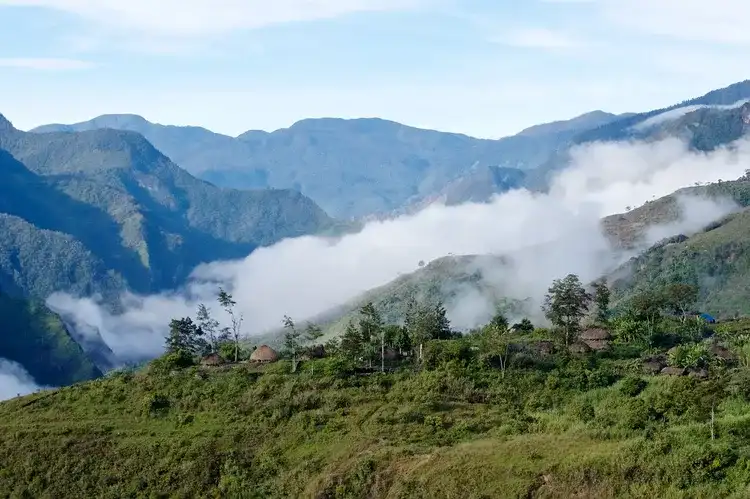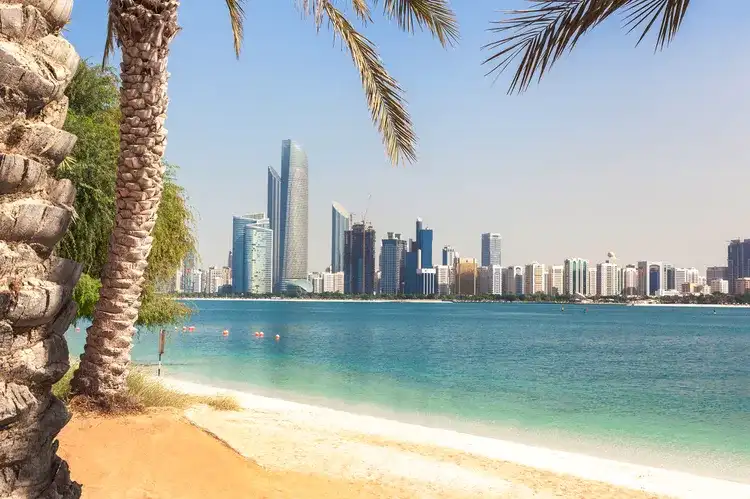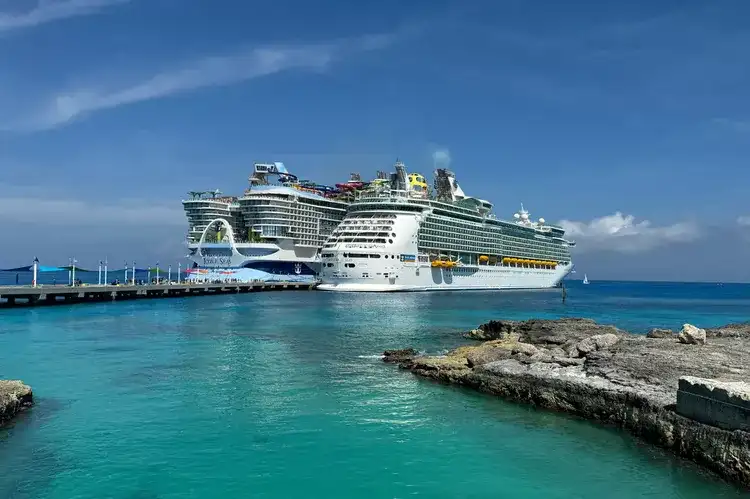Travelers planning a trip to Indonesia — a favorite destination renowned for its beaches and vibrant culture — are being urged to exercise increased caution following a new advisory from the U.S. State Department. The latest update assigns Indonesia a Level 2 travel alert, warning visitors to be particularly aware of terrorism threats and natural disasters.
The advisory specifically highlights that “terrorists continue plotting possible attacks in Indonesia” and warns that attacks could occur without warning at public spaces such as police stations, places of worship, hotels, bars, nightclubs, markets, shopping malls, and restaurants. The guidance comes at a time when tourism to Southeast Asia is climbing, with Indonesia remaining a top choice for international visitors.
Certain regions, however, face even stricter warnings. The State Department has classified Central Papua and Highland Papua under Level 4 — “Do Not Travel” — due to ongoing protests, demonstrations, and the risk of kidnapping, particularly of foreigners. According to the advisory, the U.S. government has limited ability to provide emergency services in these regions, and government employees require special authorization to enter the area.
The U.S. travel advisory system includes four tiers:
- Level 1 – Exercise Normal Precautions
- Level 2 – Exercise Increased Caution
- Level 3 – Reconsider Travel
- Level 4 – Do Not Travel
The United States is not alone in issuing such warnings — Canada has also called for “a high degree of caution” and specifically advises its citizens to avoid non-essential travel to Papua, citing potential unrest and social tensions.
Travelers to Indonesia are encouraged to stay up to date with alerts and safety recommendations from the Department of State. Signing up for the free Smart Traveler Enrollment Program (STEP) can help visitors receive real-time updates and ensure their whereabouts are known to the nearest U.S. embassy in the event of an emergency.








